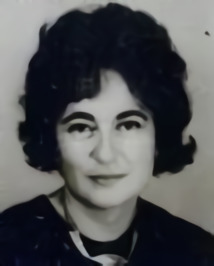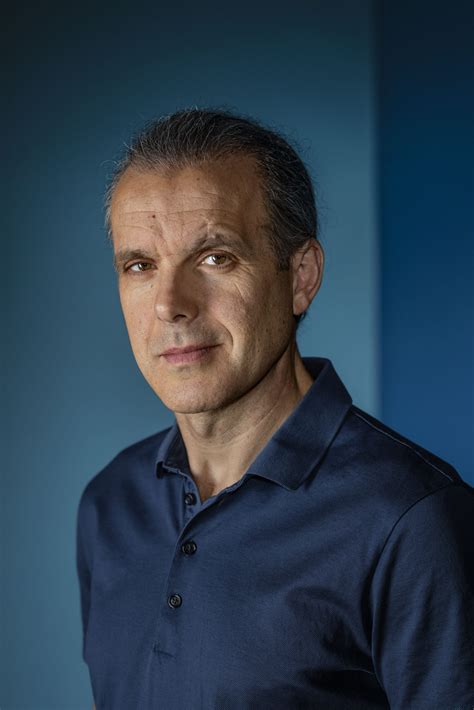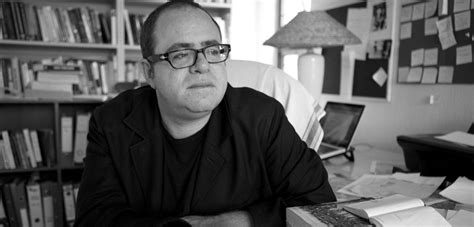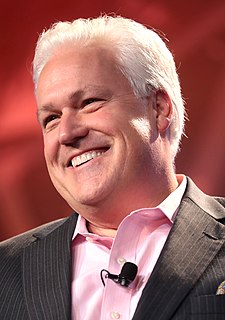A Quote by Ruth First
Mbeki began to write a study of the workings of apartheid policy in the reserves - the areas set aside in law for African occupation - as early as 1959 and 1960.
Related Quotes
He spoke of very simple things- that it is right for a gull to fly, that freedom is the very nature of his being, that whatever stands against that freedom must be set aside, be it ritual or superstition or limitation in any form. "Set aside," came a voice from the multitude, "even if it be the Law of the Flock?" "The only true law is that which leads to freedom," Jonathan said. "There is no other.
Even if Zuma was to develop the authoritarian impulses of a Mugabe, he would be checked - not least by his own party, which set a continental precedent by ousting Thabo Mbeki in 2007, after it felt he had outstayed his welcome by seeking a third term as party president. The ANC appears to have set itself against that deathtrap of African democracy: the ruler for life.
The areas in which I teach are working-class history and African-American Studies and at its best the critical study of whiteness often grows out of those areas. The critical examination of whiteness, academic and not, simply involves the effort to break through the illusion that whiteness is natural, biological, normal, and not crying out for explanation.
I'm not optimistic about reform in many, if any, policy areas at all. I think we'll make further progress by inventing new things that aren't much regulated yet and outracing bad policy. I look at so many policy areas - regulation, regulatory reform, health care reform - it's all failing, we're not making improvements, we're going backwards.
I started in the law; and the study of law, when it precedes the study of economics, gives you a set of foundation principles about how human beings interact. Economics is very useful, and I studied economics in graduate school. But without understanding the social and organizational context of economics, it becomes a theory without any groundwork.
Chairman Priebus set out on an early and historic political outreach plan which called for investing resources early to build the RNC network well before Election Day. And although the elections are still eight months away, all indications are that the money has been well spent. Our message is getting out to the Hispanic, Asian and African American communities. If we can continue to implement this plan, we will be able to save the country from further policy damages at the hand of President Obama and the Democrats.
I rang my friend Jim Wolfensohn, who was then running a private commercial bank in New York. I said, "Come up to Vancouver", and he did. I put my proposition to him. He said, "I think it could work." I said, "Will you help us?" He said, "Yes." So, I set aside senior people in our treasury and they worked with Wolfensohn and the investment sanctions were applied. And that's what brought the regime down. The last South African Finance Minister, Barend du Plessis, went on record as saying that it was the investment sanctions that put the final nail in the coffin of apartheid.
The Bush administration actually started out with an open mind towards Iran, by all indications. In fact, early in the administration, the White House tasked the various agencies of government to do an inter-agency review of Iran policy, as it did with Iraq policy and most of the big areas of the world.






































